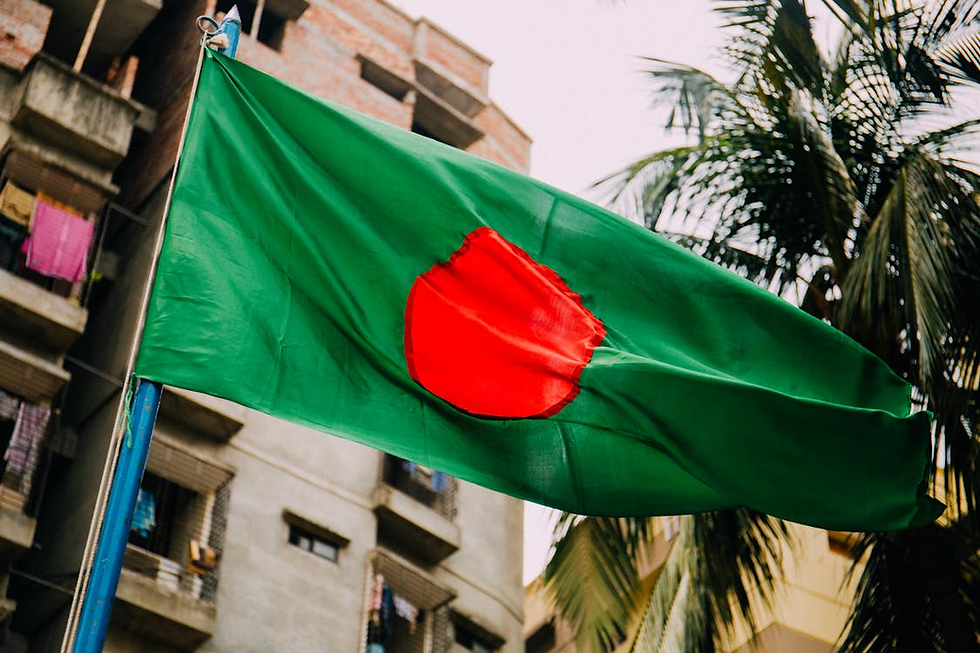Sri Lanka to Ban Burqa and 1000 Islamic Schools
- Maggie Tang

- Mar 19, 2021
- 2 min read
Updated: Dec 23, 2024
On Saturday the 13th of March, the government of Sri Lanka announced its move to ban the wearing of burqas, in addition to closing more than 1,000 Islamic schools. The ban has allegedly been enforced to improve national security. A burqa is an item worn by some Muslim women, which covers the entire body, including the face, only allowing the eyes to be exposed - often through mesh.
Sarath Weerasekara, Minister of Public Security, signed a paper on the Friday before the ban announcement, which sought the Cabinet of Ministers’ recognition and approval to pass the ban. Weerasekara stated, “The burqa has a direct impact on national security,” without explaining his reasoning further. Weerasekara went on to say that, in the past, women did not even wear burqas, and it is only a symbol of religious extremism that arose with time. In his opinion, banning them would therefore be fit and just.
In 2019, after a series of major bombings on Easter Sunday, the burqa was banned temporarily, reportedly to make identification of people easier. The bombing killed 270 people, and injured 500 people located in churches and hotels.

Two local Muslim groups that had pledged their loyalty to the Islamic State group were very quickly identified as being responsible for the bombing of six different locations - one Protestant church, two Catholic churches, and three luxury hotels - on that day. The suspected ringleader of the Easter attacks, Zahran Hashim was an extremist Islamist speaker known to many people, including members of the local Muslim community. Sri Lankan intelligence believes the suicide bombers had clear links to ISIS, and the Islamic State group took accountability for the attacks.
Weerasekara justifies his determination to ban 1,000 Islamic schools (also known as madrasas) on the basis of wrongful education. Weerasekara told CNN, “Nobody can open a school and teach whatever you want to the children.” Weerasekara says the schools failed to register with the authorities, and do not follow the guidelines of the national education policy.
Government spokesperson Keheliya Rambukwella claimed that the ban was a “serious discussion” that required in-depth consultation, and a general consensus. Pakistani Ambassador Saad Khattak suggested that a ban on burqas would be hurtful for Muslims. On Monday, he issued a statement about the ban: “It will only serve as injury to the feelings of ordinary Sri Lankan Muslims and Muslims across the globe.”
Ahmed Shaheed, UN special rapporteur on freedom and belief, tweeted his opinion regarding the ban. He described it as “incompatible with international law”, and criticised the violation of individual right to religious expression.
The Sri Lankan government’s push to ban burqas and close 1,000 Islamic schools follows a demand from the government last year enforcing the cremation of Covid-19 victims which contradicts Muslims’ beliefs and traditions. This ban was eventually dismissed, as it received criticism from various countries and international human rights groups.

_edited.png)



Comments